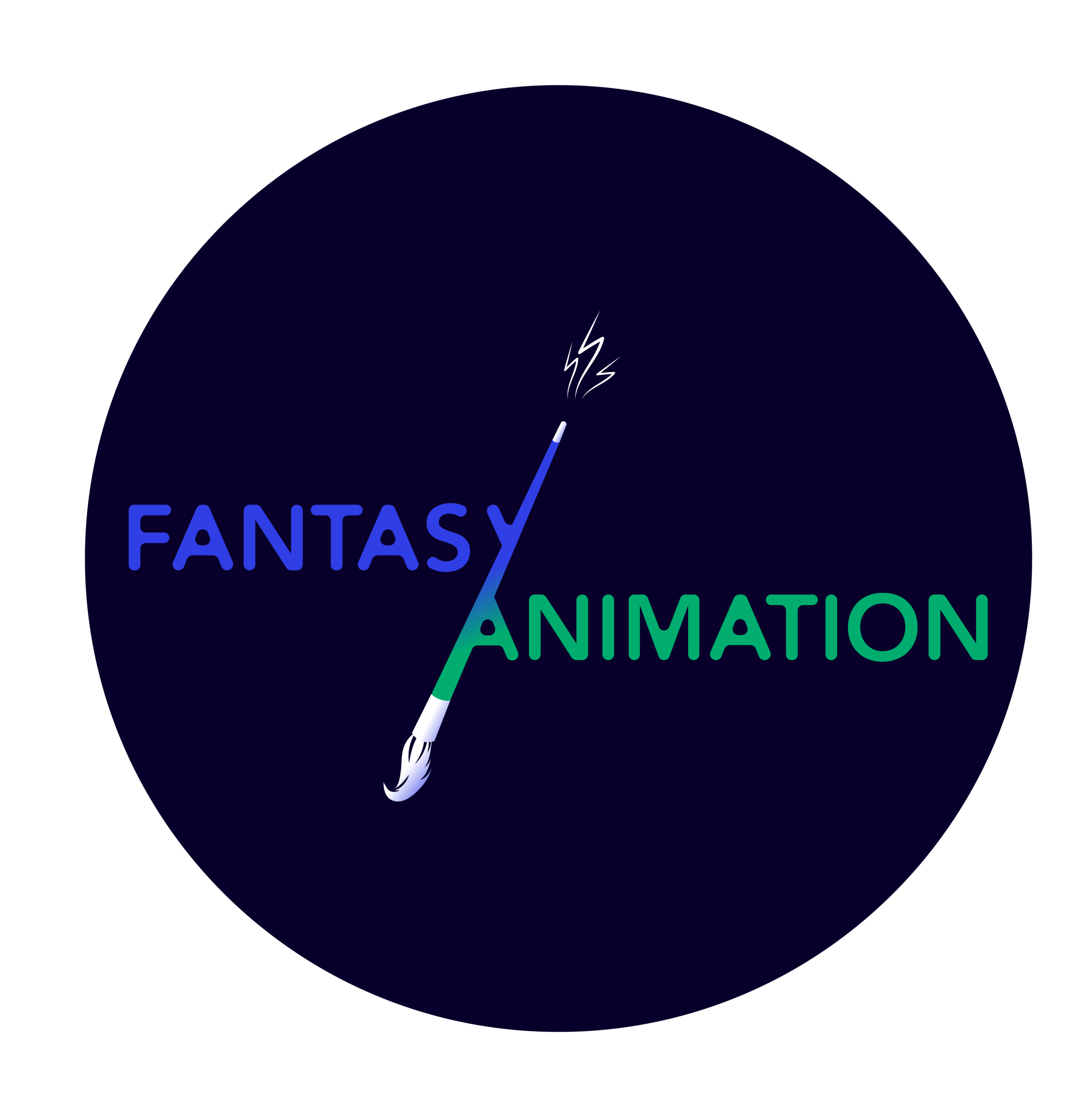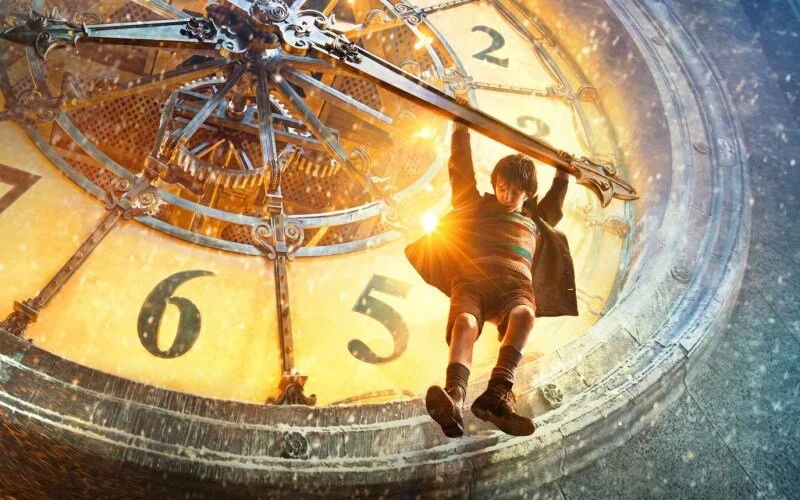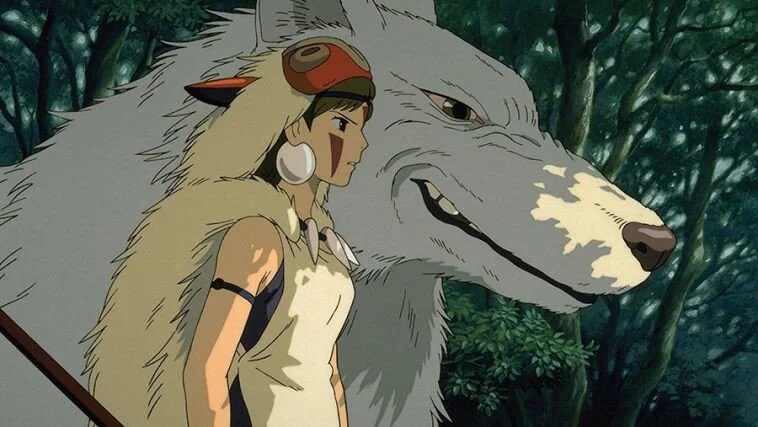Episode 59 heralds Chris and Alex’s first foray into silent film comedy via the work of performer Buster Keaton, looking at his feature Sherlock Jr. (Buster Keaton, 1924) that celebrates the dreams and psychology of a movie theatre projectionist. Joining them as the lights go down is Peter Adamson, Professor of Late Ancient and Arabic Philosophy at the Ludwig-Maximilians-Universität (LMU) in Münich and King's College London, and host of the successful History of Philosophy without any gaps podcast that examines the “ideas, lives and historical context” of both major philosophers and more lesser-known figures.
Read MoreThe anarchy and artistry of British television animation provides the springboard for Episode 58 of the Fantasy/Animation podcast, which welcomes London-based media artist, animator and curator Professor Birgitta Hosea (who is also the Director of the Animation Research Centre at the University for the Creative Arts) to talk about Roobarb (Grange Calveley, 1974) directed by English animator Bob Godfrey.
Read MorePerformer, composer, silent film accompanist and television presenter Neil Brand is the special guest joining Chris and Alex for Episode 57 of the podcast, which celebrates the musical beats and Mariachi owls of Rango (Gore Verbinski, 2011). Listen as they discuss how this curious 2011 computer-animated film revels in the power of telling tales alongside its broader relationship to folk ballads; Rango’s cinephilic evocation of canonical Hollywood Westerns and U.S. cinema history; themes of ambition, isolation, and aimlessness, and how this ties into a film whose existentialist narrative is predicated on the question of inevitability.
Read MoreThe latest Listeners’ Choice episode sees Chris and Alex turn to Netflix and the much-maligned yet curiously provocative feature film Bright (David Ayer, 2017), whose narrative of racism, police corruption and latent magical forces is set against the backdrop of an alternate fantasy vision of contemporary Los Angeles. With a budget of $90 million, Ayer’s social discourse via fantasy (the script was written by Max Landis) was critically-derided despite being Netflix’s most downloaded feature within its first week of release.
Read MoreChris and Alex dust off their knowledge of early film history for Episode 55 as they examine Martin Scorsese’s adventure Hugo (2011), a playful mystery set in 1930s Paris that takes audiences through the special effects and spectacular stagecraft of pioneering filmmaker Georges Méliès. Joining Chris and Alex amid the architecture of the Gare Montparnasse is Eric Smoodin, Professor of American Studies and Cinema and Technocultural Studies at the University of California, who has published monographs and edited collections on Walt Disney, Frank Capra and Hollywood film history, as well as a new book Paris in the Dark: Going to the Movies in the City of Light, 1930–1950 (Duke University Press, 2020) that sketches a picture of French film culture of the 1930s and 1940s.
Read MoreIn an alternate 1985, Chris and Alex sit down to watch the recent comic book feature film Watchmen (Zach Snyder, 2009), a neo-noir/superhero blockbuster that adapts the popular DC Comics series for the big screen. They are joined in this Cold War-era tale of Soviet Union-United States relations by Dr Drew Morton, Associate Professor of Mass Communication at Texas A&M University, Texarkana, and author of Panel to the Screen: Style, American Film, and Comic Books During the Blockbuster Era (University Press of Mississippi, 2016), as well as a number of articles and chapters on motion comics, media convergence and comic book adaptation.
Read MoreEpisode 53 journeys into the irregular and twisting world of Spanish fantasy cinema, with Chris and Alex joined in their discussion of Pan’s Labyrinth (Guillermo del Toro, 2006) by Deborah Shaw, Professor of Film and Screen Studies at the University of Portsmouth, and a specialist in Latin American cinema whose publications include The Three Amigos: The Transnational Filmmaking of Guillermo del Toro, Alejandro González Iñárritu, and Alfonso Cuarón (Manchester University Press, 2013), as well as the edited collections The Transnational Fantasies of Guillermo del Toro (Palgrave Macmillan, 2014), and Latin American Women Filmmakers: Production, Politics, Poetics (I. B. Tauris, 2017).
Read MoreFor the first in a special series of listener selections, Episode 52 has Chris and Alex get to grips with Persepolis (Vincent Paronnaud & Marjane Satrapi, 2007), taking inspiration from social media suggestions that were submitted around the broader theme of diversity and inclusion. Adapted from Marjane Satrapi’s own autobiographical graphic novels Persepolis and Persepolis 2 (originally published in November 2000), Persepolis provides a stark - and often humorous - depiction of national trauma told through Marji’s own experience as she navigates the Iranian Revolution and overthrow of the Shah regime and Pahlavi dynasty; is exiled to Austria, before returning to Iran where she marries (and divorces); and climaxes with her arrival into France.
Read MoreEpisode 51 travels back to the late-1980s to look closely at Beetlejuice (Tim Burton, 1988), a film that uses stop-motion, practical effects, prosthetics, make-up and bluescreen to complete its fantasy story of netherworlds, outsiderdom and life after death. Joining Chris and Alex is special guest Jingan Young, playwright, screenwriter, journalist and academic who is the editor of ‘Foreign Goods’ (the first collection of British Chinese plays published in the UK) and a regular contributor to The Guardian and Hong Kong Free Press, who has recently completed a PhD in Film Studies at King’s College London.
Read MoreFor the podcast’s half century, Chris and Alex tackle a tale of rising tensions between nature and culture, gods and humans, by looking at Studio Ghibli’s animated fantasy feature Princess Mononoke (Hayao Miyazaki, 1997). Joining us in this battle of tradition and modernity is anime scholar Dr Rayna Denison, Senior Lecturer in the School of Art, Media and American Studies at UEA, and author and editor of a number of books, chapters and articles on Japanese animated cinema.
Read MoreRecorded live at the Portsmouth Bookfest on Tuesday 25th February 2020, this bonus episode of the podcast has Alex flying solo as he interviews artist and illustrator Graham Humphreys, best known for designing the iconic film posters for horror features The Evil Dead (Sam Raimi, 1981) and A Nightmare on Elm Street (Wes Craven, 1984).
Read MoreEpisode 48 is a mid-1990s feast of action, water, and a drenched Kevin Costner, as Chris and Alex attempt to stay afloat for their visit to Waterworld (Kevin Reynolds, 1995), the ill-fated post-apocalyptic action adventure that has earned its place in U.S. film history seemingly for all the wrong reasons. The special guest for this instalment is Simon Brew - founder and editor at Film Stories magazine/podcast.
Read MoreEpisode 47 bobs along on the bottom of the beautiful briny sea, with Chris and Alex gliding far below the rolling tide and through the bubbly blue and green for this latest episode of the podcast, which this week looks at musical fantasy Bedknobs and Broomsticks (Robert Stevenson, 1971).
Read MoreFor Episode 46, Chris and Alex take a magic carpet ride through the pleasures and problems of the recent musical fantasy Aladdin (Guy Ritchie, 2019). Joining them for a discussion of exactly how (and indeed if) it adapts Disney’s highly successful 1992 cel-animated musical is the film’s VFX Editor Myles Robey, whose work also includes the Harry Potter franchise and feature films Skyfall, Muppets Most Wanted, Fantastic Beasts and Where to Find Them, and the recent 1917.
Read MoreBless my soul, we are definitely on a roll with Episode 45 of the Fantasy/Animation podcast, which continues the Disney Renaissance theme in its take on Hercules (Ron Clements & John Musker, 1997). To make sense of the visual culture of antiquity manifest in Disney’s cel-animated musical fantasy and its adaptation of Greek myth, Chris and Alex are joined by Edith Hall, Professor of Classics at King’s College London and a specialist in ancient Greek literature and cultural history.
Read MoreVoted for by the Fantasy/Animation community on social media as the inaugural #feelgoodfananim, Episode 44 of the podcast looks at the Walt Disney studio’s cel-animated feature The Emperor's New Groove (Mark Dindal, 2000). Chris and Alex are also joined by their very first returning guest, award-winning animator Astrid Goldsmith (a.k.a. Mock Duck Studios), to discuss the troubled production history, buddy narrative and anarchic comic structures of a film that marked a seismic formal shift in the familiar Disney style. Or did it?
Read MoreTake a trip on a magic theme park ride with a Ranger, Barbarian, Magician, Thief, Cavalier and Acrobat as Chris and Alex turn once again to the small screen, this time to discuss Dungeons & Dragons (Kevin Paul Coates, Dennis Marks & Takashi, 1983-1985). Premiering on American television with CBS and animated by Japanese company Toei Animation, Dungeons & Dragons is a high fantasy cel-animated series that follows the tribulations of six young children as they strive to escape from a mythical realm.
Read MoreJoin Chris and Alex for a discussion of the animated high fantasy epic Wizards (Ralph Bakshi, 1977), recorded in front of a live audience at the Cinema Museum in Kennington, London in January 2020. Conceived by animator Ralph Bakshi, Wizards is a counter-cultural marvel of the 1970s, one that blends a series of innovative animation styles with a story designed to stick two fingers up at the man with its heady mixture of psychedelia, allegory and fantasy.
Read MoreEvents take a turn for the dystopian in Episode 41, as Chris and Alex venture to Brazil (1985), Terry Gilliam’s nightmarish and absurdist satire of bureaucratic totalitarianism and governmental red tape. They are joined for this latest instalment by very special guest, filmmaker Hope Dickson Leach, whose work includes drama The Levelling (2015), which premiered internationally at the Toronto International Film Festival, and a number of successful short films such as Morning Echo (2010) and Silly Girl (2016).
Read MoreWith its last episode recently broadcast on Netflix, the web television series BoJack Horseman (Raphael Bob-Waksberg, 2014-2020) provides a timely and topical subject for Episode 40. Join Chris and Alex as they take a canter through the programme’s status as ‘adult animation’ (and what this term might mean as a label); the dark truth of its themes of narcissism, depression and self-destructive behaviour; how its shifting chronology and narrative ellipses places BoJack Horseman within contemporary Hollywood ‘puzzle film’ storytelling traditions; its complex anthropomorphic register and cartoonal forms of representation; and how BoJack Horseman’s ensemble cast navigates modes of cross-species sexuality at the same time as it collectively disavows any presence of a concrete moral centre.
Read More























